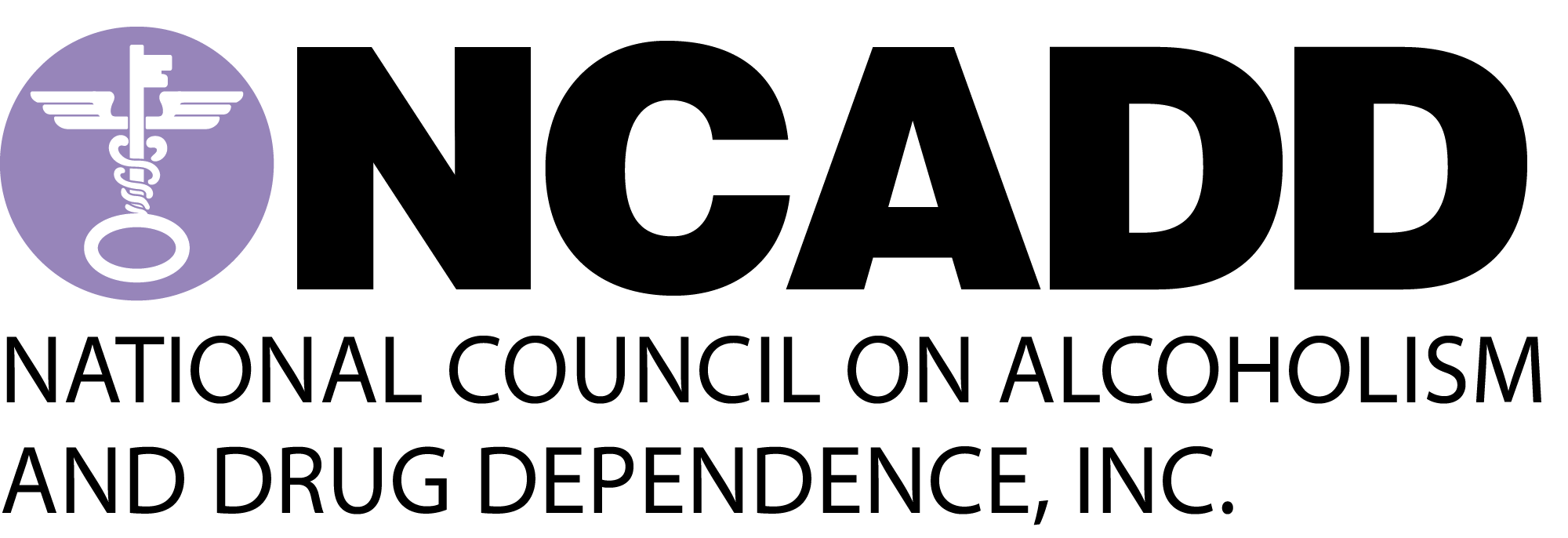Washington, D.C. (Mar. 28, 2025) — The National Council on Alcoholism and Drug Dependence (NCADD), representing 40 affiliates across 25 states, condemns in the strongest terms the devastating dismantling of the nation’s substance use treatment and recovery infrastructure. The U.S. Department of Health and Human Services (HHS) recently announced plans to slash 10,000 jobs — including vital roles in community-based treatment, peer recovery, and harm reduction services — under the direction of Secretary Robert F. Kennedy Jr.
This sweeping move threatens to reverse decades of progress and abandon millions of individuals and families who depend on federally supported behavioral health systems, particularly those funded through the Substance Abuse and Mental Health Services Administration (SAMHSA).
“This is not just about budget lines — this is about human lives,” said Hal Hathaway, Board President of NCADD. “Communities across America are already struggling to keep up with the overwhelming need for substance use care and support. These cuts will deepen disparities, increase preventable deaths, and unravel the safety nets that so many have fought to build.”
Undermining a Legacy of Progress
NCADD was founded in 1944 by Mrs. Marty Mann, a visionary and pioneer in the field of recovery. At a time when substance use was stigmatized and largely ignored, she helped establish a national dialogue rooted in compassion, public education, and access to care. Her mission was clear: substance use is a health issue, not a moral failing — and everyone deserves a chance at recovery.
“These cuts go against everything Mrs. Mann stood for,” said Hathaway. “She spent her life advocating for visibility, dignity, and access to care. To see that progress dismantled by the very agencies charged with protecting public health is both heartbreaking and unacceptable.”
Communities in Crisis
Substance use disorders continue to impact over 40 million Americans, with overdose deaths surpassing 100,000 each year. Programs funded by SAMHSA are often the only resources available in marginalized and rural communities — offering critical services like recovery housing, peer coaching, crisis intervention, harm reduction outreach, and family support.
The loss of funding will leave enormous gaps in care, placing already overburdened systems on the brink of collapse.
A Call for Unity and Action
NCADD calls on its 40 affiliates, partner organizations, lawmakers, and advocates across the country to unite in defense of substance use services. The stakes are too high for silence.
“We must stand together — as people in recovery, family members, providers, and allies — to say that these lives matter,” said Denise L. Kolivoski, MBA, Executive Director of NCADD National. “Now more than ever, we need a unified front to protect the future of recovery in America.”
About NCADD
Founded in 1944 by Mrs. Marty Mann, the National Council on Alcoholism and Drug Dependence (NCADD) is a national nonprofit dedicated to increasing public awareness of substance use disorders and advocating for equitable access to prevention, treatment, and long-term recovery support for all Americans.
